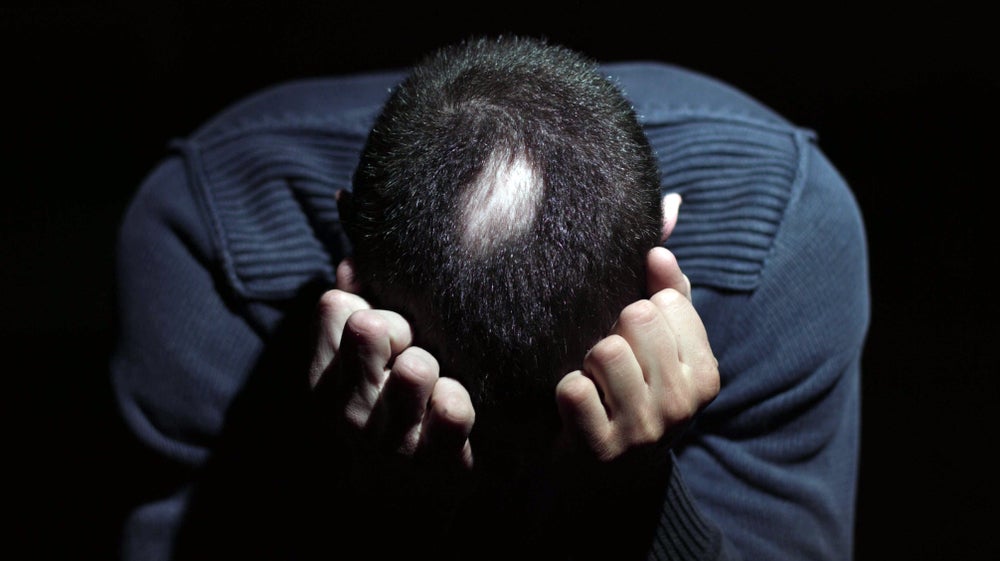
The US Food and Drug Administration (FDA) has approved Pfizer’s Litfulo (ritlecitinib) for treatment of patients as young as 12 years with severe alopecia areata.
This makes it the first available alopecia areata treatment for young people, and another choice for adults with limited treatment options.

Discover B2B Marketing That Performs
Combine business intelligence and editorial excellence to reach engaged professionals across 36 leading media platforms.
The FDA approval was based on data gathered in Pfizer’s alopecia studies. One such study was the global Phase IIb/III ALLEGRO study (NCT03732807) of 718 patients with 50% or more scalp hair loss. It found that 23% of patients treated with Litfulo had 80% or more scalp hair coverage after six months, versus 1.6% of patients with placebo.
Experimental and clinical evidence suggests that alopecia areata is caused by an autoimmune attack against the hair follicles. To counteract this, Litfulo works as an immunosuppressant, inhibiting the Janus kinase 3 (JAK3) enzyme that regulates T cell production, preventing hair follicles from being attacked.
Pfizer told Pharmaceutical Technology that Litfulo will have a list price of $49,000 for a year’s supply, with patient assistance programs to help eligible patients get access to Litfulo.
The rise of JAK inhibitors like Litfulo has opened up new avenues for treating what has often been a neglected area. While such inhibitors have been available for a range of conditions such as arthritis, dermatitis and even Covid-19, none had been approved for treating AA.

US Tariffs are shifting - will you react or anticipate?
Don’t let policy changes catch you off guard. Stay proactive with real-time data and expert analysis.
By GlobalDataIn 2022 Eli Lilly’s Olumiant (baricitinib), another such inhibitor, was the first to receive FDA approval for treating alopecia areata in adults. Concert Pharmaceuticals’ deuruxolitinib is also another likely contender that formed the basis of a half-a-billion-dollar acquisition by Sun Pharma.
Previous to this, limited treatment options were available to physicians. Off-label topical injections of corticosteroids are generally the standard of care. According to the National Alopecia Areata Foundation (NAAF), these shots can be inconvenient and painful, with limited treatment options for those with more severe alopecia areata.
As a result, NAAF CEO and president Nicole Friedland hailed the approval as a “significant advancement” in AA treatment. She added that the disease is often misunderstood or trivialised, despite carrying a “considerable negative impact beyond the physical symptoms”.
And the market is unlikely to stop there. According to GlobalData’s epidemiology database, JAK inhibitors are driving significant market growth for alopecia areata treatments. The alopecia market is currently valued at just over $1bn, and forecast to reach $1.7bn by 2028 across the seven major markets (United States, Germany, Spain, Italy, France, United Kingdom, and Japan).
GlobalData is the parent company of Pharmaceutical Technology.
Pfizer is also seeking approval for Litfulo in the EU, the US, China and Japan. The European Medicines Agency (EMA) has accepted a marketing authorisation application (MAA), with Pfizer expecting a decision later this year.




